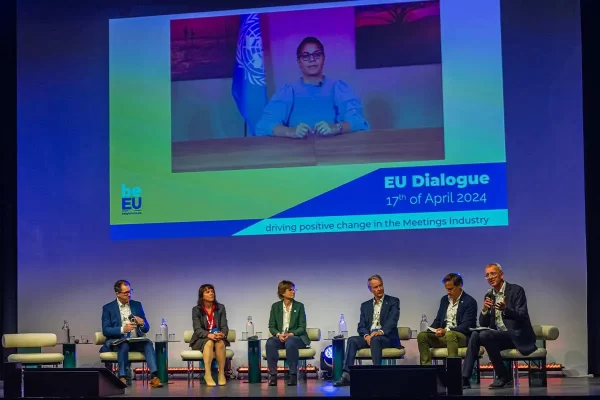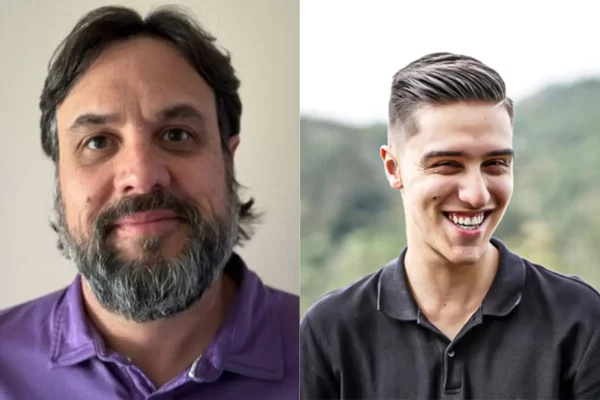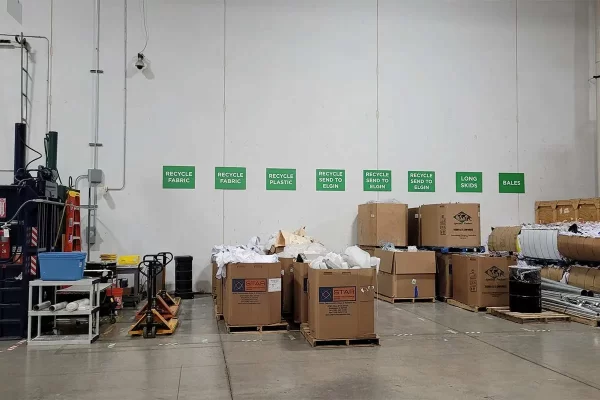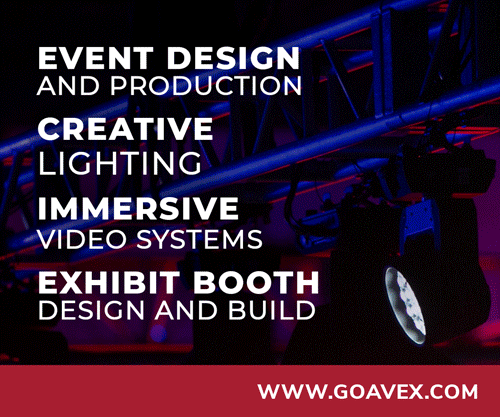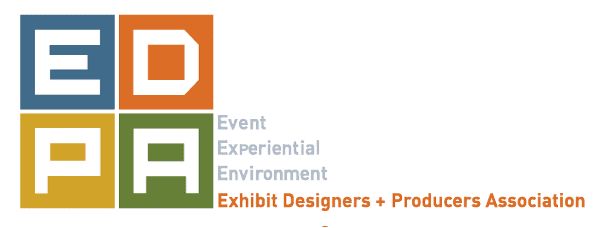As vice president of Classic Exhibits, Kevin Carty shares the nuances of doing business in a post-recession economy. Both a realization of the changing times and a friendly perspective are becoming essential tools for account executives.
Carty, who began his career at Classic Exhibits in 1994, helped to develop the early product line and production processes. In 1996, he was named National Sales Manager and charged with growing the distribution channel, which has grown from 30-40 small business across to nearly 250 professional distributors. From 2000-2003, Carty managed the distribution network and Customer Service Department. In mid-2004, he began assuming day-to-day management with Mel White over Production, Sales, Design, Customer Service/Project Management and ClassicMODUL.
How should account executives target prospects in this new economy?
This economy is clearly a slow growing one. Call it a rebounding economy, or what I like to call a “reality check” economy. Gone are the days of clients who have pocket books so full that they can’t zip the top shut.
With that in mind, AE’s need to really focus on being their clients’ LONG-term partners in all their marketing needs. Many of the clients do not have the same marketing staffs they had pre-recession. And like them, we as their service providers need to be prepared to do more with the budgets they have and to get more immersed in their programs. We need to become their contract Marcom providers in large part.
In short, present yourself as their “Solution Provider for Hire.” In the long run, not only will you get today’s sales, but you will also become their vendor of choice, if for no other reason than they will view you as a member of their internal team – without having to pay for your medical benefits.
The exhibit industry has changed a lot in the last two years. What are the biggest challenges facing sales professionals today?
Many clients went through the past couple of years with their budgets on lockdown. And coming out of the recession, they are being tasked with sending everything out for bid, even if they had long-term solid relationships already with their exhibit houses. The bid process often includes 2-3 times more competitors, forcing the incumbent house to seemingly start from scratch.
Clients are looking to get more bang for their buck these days, which is smart from a business perspective. Everyday, we see new opportunities come through our Design Department requesting multiple configurations. While this is not abnormal in general, what is different is the number of reconfigurations. A 30-foot x 40-foot island exhibit now needs to re-configure to a 30 x 30, a 20 x 30 and a 20 x 20 as well as different inline configurations.
Exhibitors are not increasing their presence in multiple large shows, but instead adding more mid-size and smaller regional shows. Many even want their exhibits to multi-purpose into their Corporate Events as well.
From your perspective, what should veteran account executives be aware of in order to survive and thrive in the industry?
Our industry has some . . . let’s say “stains” and “black-eyes.” I am not going to go into them as we all know what they are, especially from the client’s perspective.
That said, more than anything, be the most trusted frontline defender and brand zealot for your customers and their brands. In this recovering and changing economy, that’s what your customers really need and want.
Did you have a mentor? If so, what was the one piece of advice he/she shared that you cherish today?
I do, actually, and many of them who I still draw upon today. But let me name two.
First is Lowell Nickens, president of ShopForExhibits. He’s also the original founder of Classic Exhibits and my father-in-law. He said to me nearly 19 years ago, “Kevin, if you’re going to be a nice guy, then be a really nice guy.”
Second, Jim Hoffman, former owner and president of Optima Graphics, who I will say has mentored several of us over the years. He said to me (and countless others), “Whenever possible, work with friends. And if they are not friends when you start working with them, make sure you become friends. We spend the majority of our lives working, so you might as well do it with people you like.”













